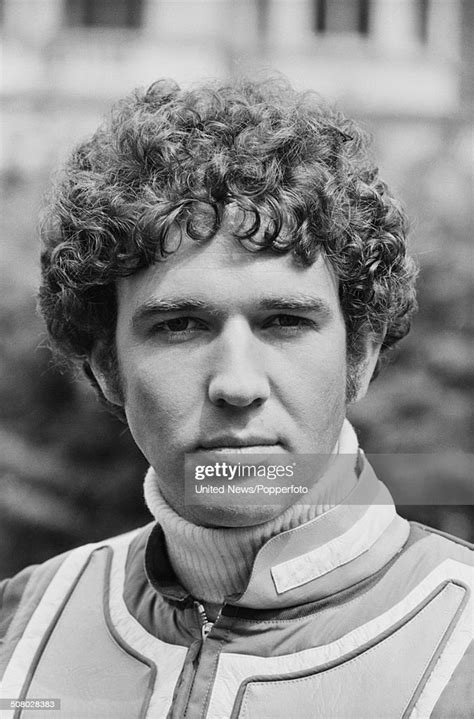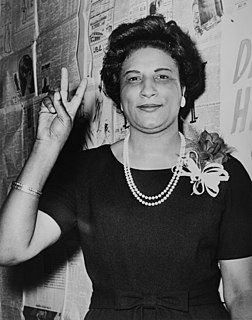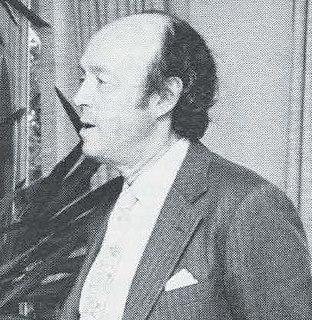A Quote by Floyd Abrams
I would say that the Pentagon Papers case of 1971 - in which the government tried to block the The New York Times and The Washington Post that they obtained from a secret study of how we got involved in the war in Vietnam - that is probably the most important case.
Related Quotes
I would say that the Pentagon Papers case of 1971 - in which the government tried to block the 'The New York Times' and 'The Washington Post' and other newspapers from publishing papers that they obtained from a secret study of how we got involved in the war in Vietnam - that is probably the most important case.
I'm dealing with Mexico, I'm dealing with Argentina. We were dealing in this case with Mike Flynn. All this information gets put into The Washington Post and The New York Times, and I'm saying, what's going to happen when I'm dealing on the Middle East? We've got to stop it. That's why it's a criminal penalty.
Say the Pentagon Papers, - that material went much deeper. It went into internal government planning back for twenty - five years. Those are things that the public should have known about. In a democracy they should have known what leaders thinking and planning about major enterprises like the Vietnam war. It was kept secret from them.
I have told somebody in court that 'I understand yours is the most important case in the world, and I'm trying to treat it as the most important case in the world, but five minutes from now I'm going to be dealing with the next person's most important case in the world.' For every litigant, theirs is the most important case.
In hindsight, Watergate was a curse as well as a blessing for American journalism. The courageous reporting of the 'Post' and the 'New York Times' - coupled with the favourable Supreme Court rulings on publication of the Pentagon Papers - were landmarks for the interpretation of First Amendment rights and the freedom of the press.
In the Obama administration's Washington, government officials are increasingly afraid to talk to the press. The administration's war on leaks and other efforts to control information are the most aggressive I've seen since the Nixon administration, when I was one of the editors involved in The Washington Post's investigation of Watergate.
I was always convinced that decent people in the case of Vietnam, highly intelligent, decent people, got us involved because they had made, in part, a misjudgment about the nature of the communist system and the unity of the communist world and the degree to which the experience of Europe could be repeated in Vietnam.
You're always going to have more traffic if you're a free website. But we've always admitted that the New York Times was behind other news organizations in making our stories available to people on the web. BuzzFeed and the Huffington Post are much better than we are at that, and I envy them for this. But I think the trick for the New York Times is to stick to what we are. That doesn't mean: Don't change. But I don't want to be BuzzFeed. If we tried to be what they are, we would lose.

































